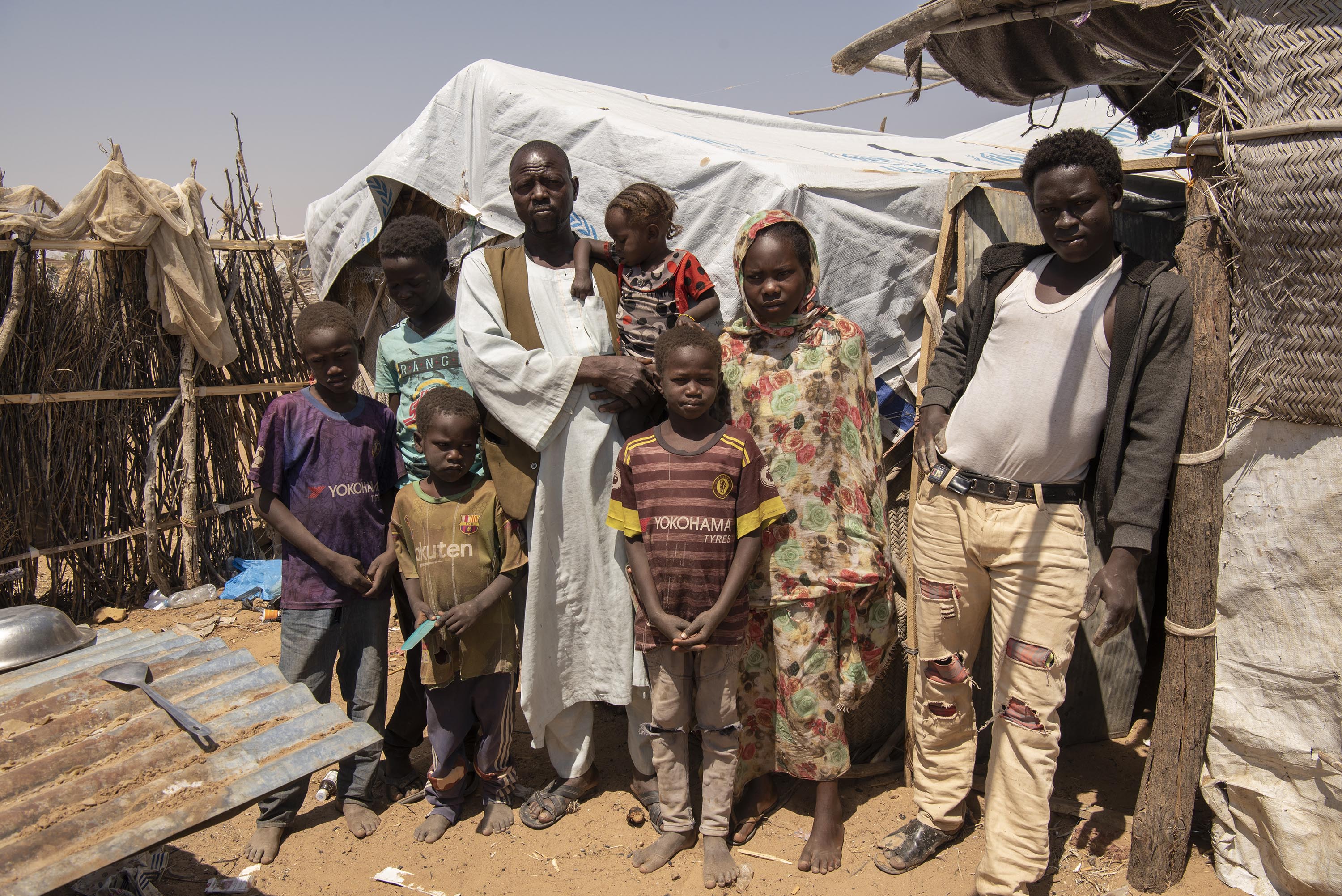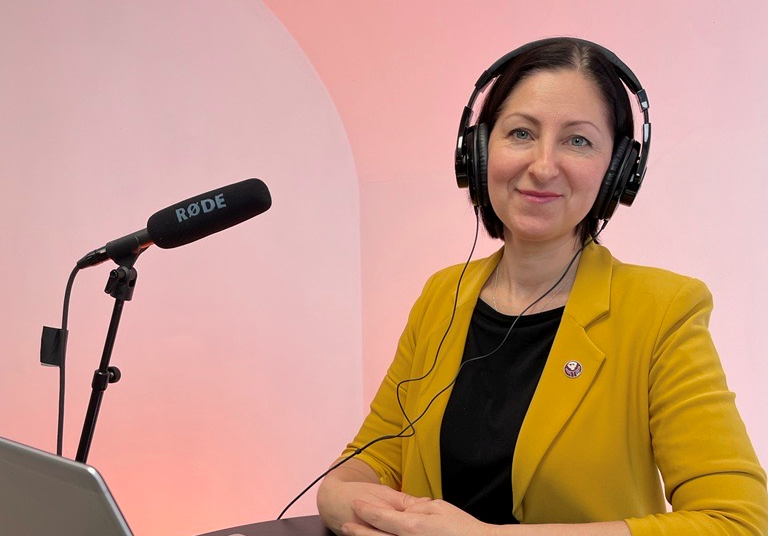
Eight Nordic organizations, including NCA, are behind the new report "Quality Tax Aid", which raises questions about whether tax assistance channelled through multinational channels achieves the goals and is well enough sharpened.

Economic crisis and poverty in the wake of the Covid-19 pandemic have made it more difficult than ever for developing countries to raise tax revenues for welfare. A recent report looks at how Norwegian development assistance can help change that.
Norwegian development assistance plays a key role in supporting the development of tax systems that help reduce inequality. In a new report, we take a closer look at tax assistance through multilateral institutions.
Assistance to tax systems is becoming increasingly important. Tax revenues are the largest and most stable source for all countries to finance the sustainability goals of Agenda 2030. Taxation allows countries to stand on their own two feet and invest in their own welfare. However, tax collection is a major challenge in most developing countries, and the effects of the pandemic have exacerbated the situation. It is now more important than ever to support developing countries to build tax systems and increase tax revenues.
Tax is part of the UN's Agenda for Financing for Development (FfD) to achieve the goals of Agenda 2030. The Addis Tax Initiative (ATI) was launched in 2015 with a promise from donor countries to double support for developing countries by 2020. A new ATI-declaration was adopted in November last year with goals to be achieved by 2025. Increased attention is now being paid to fair tax systems that reduce inequality. All countries also commit themselves to working for a coherent policy, which includes counteracting tax evasion. A new important initiative is support for non-state actors such as civil society who examine those in power and set requirements for the use of resources.

Head of Department for Communication and Politics, Lisa Sivertsen, led the conversations during the launch of the report.
An increasing part of Norway's and other Nordic countries' assistance in the tax area goes through multilateral institutions. Our new report - Quality Tax Aid - A review of the Nordic countries 'support for domestic resource mobilization through multilateral institutions - examines how well assistance via the World Bank and the International Monetary Fund (IMF) lives up to the Nordic countries' commitments to contribute to fair tax systems.
See the full launch of the report here:
The report shows that the Nordic countries have a strong commitment, but that there are improvements that must be made in multilateral aid in order to implement the commitment to fair tax systems.
More detailed recommendations can be found in the report.
Head picture is from Darfur, taken by Håvard Bjelland.
Published: